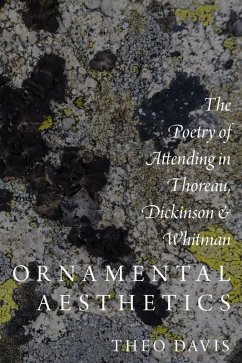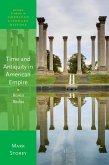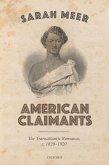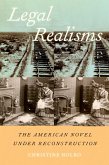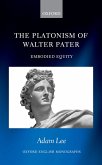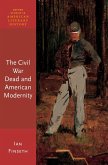Ornamental Aesthetics offers a theory of ornamentation as a manner of marking out objects for notice, attention, praise, and a means of exploring qualities of mental engagement other than interpretation and representation. Although Thoreau, Dickinson, and Whitman were hostile to the overdecorated rooms and poems of nineteenth-century culture, their writings are full of references to chandeliers, butterflies, diamonds, and banners which indicate their primary investment in ornamentation as a form of attending. Theo Davis argues that this essential quality of ornamentation has been obscured by the enduring emphasis of literary studies on the structure of representation, and on how meaning is embodied in material form. Thoreau, Dickinson, and Whitman's sense of ornamentation as a manner of attending is grounded in an understanding of poetry as an adornment to the world, and thus as a way of relating to what is present rather than of representing it.
Ornamental Aesthetics investigates the aesthetic practices of Thoreau, Dickinson, and Whitman through readings of the writings of Martin Heidegger, which also presents the human mind as an agitated, responsive, and ornamental presence. Drawing together work in poetics, rhetoric, philosophy, and nineteenth-century American literature,
Ornamental Aesthetics ultimately argues that the kinds of immediate experience of attending which concerns ornamentation should retain a central place in the study of literature and the humanities more broadly.
Dieser Download kann aus rechtlichen Gründen nur mit Rechnungsadresse in A, B, BG, CY, CZ, D, DK, EW, E, FIN, F, GR, HR, H, IRL, I, LT, L, LR, M, NL, PL, P, R, S, SLO, SK ausgeliefert werden.

